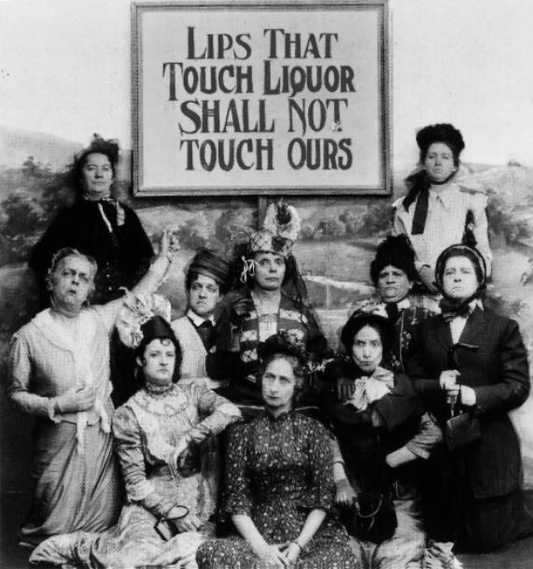First for those who don’t know, FUD, is Fear, Uncertainty, and Doubt. It is significant because honestly it is the only thing our opponents in the gun control debate can argue with. Facts and statistics are not on their side and we know it by the rants about “blood in the streets” that never actually seem to happen.
The thing is, guns are by no means the only place where Puritans use FUD to attempt to destroy freedom and liberty. The best recent example was I-1183 which privatized liquor sales in the state of Washington.
He continues to point out that the statements made by the pro-side have held true. Most importantly was this quote from a distiller within the state:
Imagine that, you get the government out of something and sales go up, creating jobs, and wealth. Isn’t it amazing what happens when people finally get over the FUD and the government is forced to get the hell out-of-the-way?
Here’s a tip, if someone’s main argument is the equivalent of “think of the children”, “I feel ‘x'”, or any variance like it and they are arguing that government involvement is the cure tell them to go screw off. Move on and don’t bother arguing because they are currently suffering from PSH and are irrational. Further their only argument is to attempt to pluck your emotional heart-strings, yeah I feel empathy, but what about the empathy for the innocent person whose rights you’re violating to make yourself feel better?
FUD is a huge red flag in any argument and it should be drug out into the middle of the square and exposed as such. It’s good to see all the horror predictions fall down so that those who were against I-1183 can become the modern social pariah equivalent of:

TMM is the owner, editor, and principal author at The Minuteman, a competitive shooter, and staff member for Boomershoot. Even in his free time he’s merging his love and knowledge of computers and technology with his love of firearms.
Many know his private name and information however due to the current political climate, many are distancing themselves due to the abandonment of Due Process.









Is it seeking to create FUD when we say that continuing to elect Progressives to high office will result in further financial stress, stagnation and societal decline, and that it will tend to increase chaos? It depends on your understanding of reality, doesn’t it?
From one outlook, saying that jihadists and the Caliphate movement are our enemies would be seen as war mongering and Islamophobia, and that outreach and tolerance are the only proper choices. From another outlook it is a statement of blatantly obvious fact, and any fear uncertainty or doubt are emotions that lie apart from the fact. One can state a fact that may, for many people, elicit an emotional response, without the emotional response being the primary goal. So we can state facts and have our own different reasons for doing so. Some people may question your motives one way or another, which is why, I believe, some people will call you “mean” for being what you think of as a realist.
Son of a bitch, time for round two since my first comment was eaten.
You’re on the right tract. The difference is in whether or not facts are actually presented. For example these arguments don’t work:
“If we allow concealed carry there will be blood in the streets.”
“We must settle with the union for the sake of little Timmy and Tiffany.”
“If we don’t continue our deficit spending people will remain out of work.”
All the arguments are presented in such as way as to inspire FUD while leaving it difficult for people to argue against without looking like the bad guy.
Where as if you lay out the fact that eventually you always have to pay your bills. The current electorate hasn’t had a budget in 3 years and each year has set new records in the deficit and deficit spending. China is loaning money to cover all the deficit spending. Our interest payments are increasing because of the increased loans and is becoming a significant portion of our regular bills.
Anyone who has ever had a problem with debt certainly understands the above and it inspires FUD in. It does so because it’s facts presented as such. Hard to argue that there isn’t a problem when it’s laid out flat.
All proposed legislation should be evaluated logically. If one of the premises creates FUD, immediately stop and examine the individual facts underlying that premise. If they hold true, then the FUD is a valid consequence of the truth of the premise. If the facts don’t hold true, then a) the premise should be discarded when evaluating the remaining arguments, and b) the FUD is likely being used as a scare tactic and is a strong signal that the proposed legislation should probably be blocked.
While emotion may certainly be the spark that prompts the proposal of a law, it should never be the either the basis of or the reason for a law.
This is strongly related to your back-and-forth with mikeb## a couple of years ago about the ability to determine the difference between truth and falsity. This results in emotion-based legislation that (at best) causes inconveniences to the innocent while being absolutely ineffective at its stated purpose.